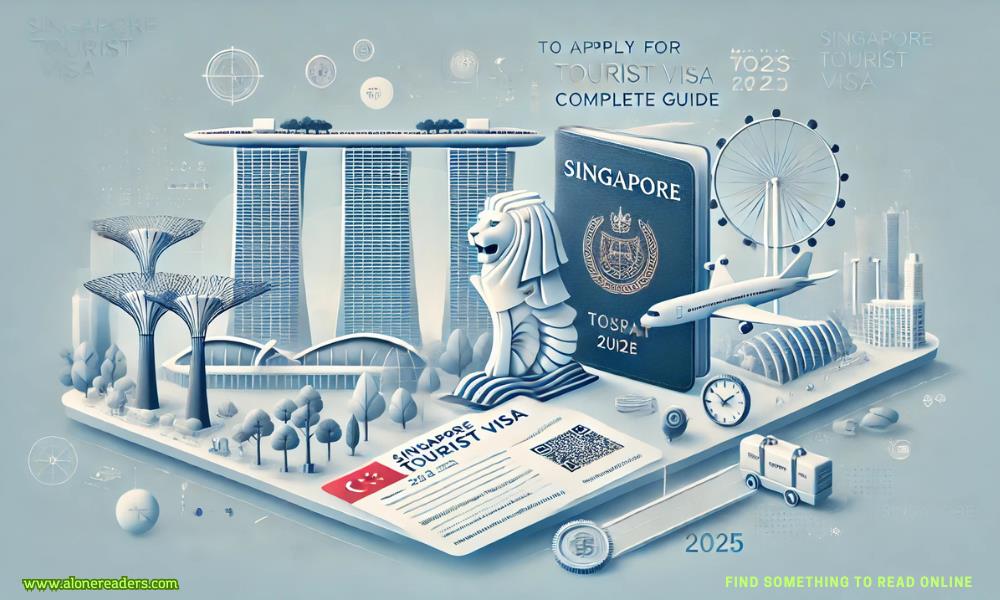Page 127 of Yumi and the Nightmare Painter
A soul cannot be destroyed; it can only change forms. The machine, then, didn’t use people up so much as transform them. They lingered as this blackness, a churning soup made of tens of thousands of souls subject to the machine’s domineering will, held in eternal bondage to something they’d created.
Delightful, eh? Progress, it is said, always disrupts one industry or another. Well, in Torio, progress took a running leap—and instead of just disrupting industry, decided to disrupt the entire planet. Permanently.
Before long, the machine burned through the relatively weak souls of humans and moved on to the spirits themselves. Drawn by the machine’s incredible stacking abilities, the spirits were handily trapped by its power. It eventually gathered each and every remaining free spirit in the land. They finally satiated it, providing a more…vigorous power source. That was its purpose, and the thing fulfilled it with excellence.
Unfortunately, there was almost no one left to appreciate it.
Only wandering refugees who survived the machine’s initial activation—nomads from the edge of civilization. Lucky survivors whoeventually came across the results of the machine’s efforts: hion stubs provided in some of the former locations of Torish towns. The blood of enslaved spirits, hidden away, the source of this power never understood.
Painter stepped aloneup to the shroud, holding his painter’s bag with sweaty fingers, watching the shifting darkness. This was the west side of town—where the nightmares would come. It was near his patrol route—the place where Yumi had once pushed back the darkness ever so briefly.
When the nightmares arrived, they would find only him. A single painter.
He trembled, knowing how it would play out. A rush of dark things surrounding him. If he worked frantically, perhaps he could lock down one of them before he was killed. Perhaps even two or three. Then they would rip him apart. Leave him in pieces, like in the stories of what had happened to the painters of Futinoro.
After he was dead, the nightmares would descend upon the unsuspecting city. Rampaging. Maybe…maybe the Dreamwatch would recognize what was happening. Maybe they’d resist. But…but after meeting them, he had to acknowledge how frail a hope that was. How many people would die tonight because he hadn’t been able to persuade the Dreamwatch?
He bowed his head.
Then thought,What am I (lowly) doing?
This was stupid. There was another way.
Yumi’s way.
You still havequestions, don’t you?
All right, let’s delve a little deeper. Let me show you a few events again—but this time through the eyes of someoneotherthan Yumi or Painter. Someone who had been involved in both stories from the beginning.
Here I must admit to you that I’ve lied about one crucial item. Remember how I told you I’d been hearing voices, seeing flashes of images—sometimes as full pictures, sometimes just as lines that quivered in my vision? Glimpses of events as they unfolded through Painter’s or Yumi’s eyes? Well, that part is true, but it wasn’t the whole truth.
There’s athirdperson whose eyes I’d been seeing through.
Liyun.
In fact, for me, this story began with her. Baffling flashes of her life. (I think that the spirits were watching Liyun in particular. Then some irregularities about my…specific nature tapped into the Spiritual communication, letting me see what was happening.)
The machine evaporated the population of Torio, feeding upon their power and spitting out the shroud as a byproduct. Well, as Yumi and Painter had both guessed (despite lacking all the information), there were some people the machine couldn’t harvest or control: the yoki-hijo.
They were superficially killed during the machine’s initial activation like everyone else. However, after a short time these fourteen souls pulled themselves free of the shroud andre-formed. They came back from the dead, refusing to be controlled.
All fourteen women were beings of incredible willpower. Highly Invested at birth by the spirits, they presented a legitimate threat to the machine. It could not harvest their energy and could not keep them contained in the shroud. The most the machine could do to them was siphon off a tiny bit of their memories.
So, to control them, it created prisons in the form of fake towns. Servants, compelled by the machine, emerged from the shroud. Buildings, plants, and vehicles were recreated from the substance of souls, and a careful perimeter was erected. The walls Masaka found? Those projected (by making images out of the shroud) a perfectly realistic, yet fake landscape.
These places were fourteen nature preserves, you might say, each designed for a single occupant. The yoki-hijo were placed into these prisons, with their memories erased each night. Then they were given a single day to live over and over, calling fake spirits formed from the shroud.
A clunky system, yes, but it worked. For centuries it kept these extremely dangerous souls captive not by force of arm, but by pure force ofmundanity.
Their keepers were the souls of those they had once known. Best I can tell, Liyun spent the last seventeen centuries or so living the same day over and over. She was exactly as presented. That was her, the actual person, the exact soul that raised Yumi. Released from the shroud, partially controlled by the machine, partially given self-governance.
Liyun was one of hundreds of souls forced into this strange half life. Their memories were, of course, erased each day—but I think part of them understood that something was wrong. Because each night, while the yoki-hijo slept, the machine would let its will slacken. Its attention no longer on these servants, they would lose their shape and sense of self, becoming vague blobs of blackness.
Each night, during this time of slumber, some of these servants would break free. They’d stalk the land, ghosts without memories, on a prowling search for meaning. For understanding. Forlife. And like most unbound Investiture—like the spirits themselves—the souls of the dead were drawn to the imaginations of the living.
These nightmares forgot how to be people when not compelled directly by the machine. But they longed,lusted, for the lives they’d lost. Maddened by their state of half-existence, they’d sneak into cities, hunting dreaming minds with powerful imaginations. There, Painter and his kind would trap them into some semblance of physicality and banish them back to the shroud—where the machine, each day, would recycle them again and set them to work in its prisons.
This was Liyun’s life. The machine didn’t mind that she prowled at night as a nightmare; why would it? The job was done, the yoki-hijo contained. Theoretically. A curious aspect of machines, even ones partially Awakened like this one: They don’tplan. They don’t think about the future. Most machines can only react to the state of things in the now.
- Daddy's Double Surprise by Sofia T. Summers
- Deranged and Obsessed Omnibus: Vol 1 by Jenika Snow
- Addicted Lies by T.L. Smith
- Theirs to Take by K.L. Ramsey
- Cautious by Candice Wright
- Phantom Mine by Khai Hara
- Sin of Silence by Nikita Slater
- Savage Boss by Nikita Slater
- Loving Jared by Nikita Slater
- Falling in Reverse by Hazel Grace
- Crazy for this Girl by Hazel Grace
- Deceit by Hazel Grace
- Overcast by Hazel Grace
- Bona Fide by Hazel Grace
- Catfish by Hazel Grace
- No First Kisses by Rue Lennox







